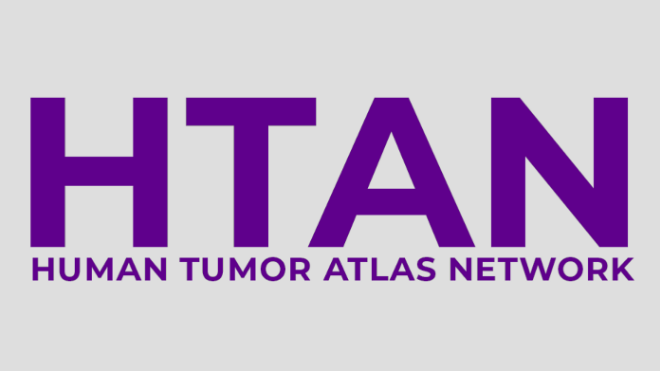The NCI spearheads the National Cancer Program and NIH’s initiatives to significantly lower cancer prevalence and enhance the lives of patients and their families. This is achieved through research on prevention and cancer biology, the creation of new interventions, and the training and mentorship of emerging researchers.
The NIH, the nation’s medical research agency, consists of 27 Institutes and Centers and operates under the U.S. Department of Health and Human Services. As the main federal agency for conducting and supporting medical research, NIH focuses on understanding the causes, treatments, and cures for a wide range of diseases, both common and rare, through basic, clinical, and translational research.
Recent studies from the Human Tumor Atlas Network (HTAN) provide essential insights into tumor development, spread, and treatment responses. Funded by the NIH’s Cancer Moonshot initiative, these ten studies will be published on October 31, 2024, in various Nature journals.
Several of the studies focus on the tumor microenvironment and immune system interactions, highlighting how these factors contribute to cancer spread and resistance to therapies. Additionally, three studies investigate the progression of precancerous colorectal tissues by analyzing various molecular and cellular events. The research also features advancements in innovative single-cell technologies and analytical platforms.
HTAN, launched in 2018, aims to create three-dimensional maps of human tumors, capturing their molecular characteristics and microenvironments over time. Teams from diverse research institutions utilize a range of technologies and computational methods to explore tumors at the single-cell level. This initiative provides a comprehensive, publicly accessible resource to enhance the understanding of cancer development and progression, ultimately informing prevention and treatment strategies. The first studies from HTAN were published in 2020 and 2021, marking significant progress in this ongoing research effort. An accompanying briefing by NIH leaders Kimryn Rathmell, M.D., Ph.D., and Dinah Singer, Ph.D., outlines the history and future directions of HTAN.
HTAN consists of ten research centers that work together on constructing tools to extract, analyze and visualize multidimensional data from cancer. This integrative approach aims to illuminate the underlying biological processes that drive cancer initiation, progression and therapy resistance.
Register to join a webinar with HTAN coordinators Li Ding, Ken Lau and NCI Division of Cancer Biology Deputy Director Shannon Hughes. Hear insights into the goals and insights of the HTAN cancer atlases, and contribute to the discussion.
Human Tumor Atlas (HTA) Research Centers (U01s) [supported by DCB and DCTD]
Children’s Hospital of Los Angeles – Shahab Asgharzadeh, James F. Amatruda, Long Cai
MD Anderson Cancer Center – Samuel C. Mok, Michael Birrer, Sammy Ferri-Borgogno
Vanderbilt University – Ken S. Lau, Jeffrey M. Spraggins
Washington University in St. Louis – Li Ding, Feng Chen, Ryan C. Fields, Russell K. Pachynski
Yale University – Rong Fan, Stephanie Halene, Zongming Ma, Mina L. Xu
Pre-Cancer Atlas (PCA) Research Centers (U01s) [supported by DCP]
California Institute of Technology – Cai Long, Richard G. Everson, Matthew W. Thomson, Barbara J. Wold
Dana-Farber Cancer Institute – Irene M. Ghobrial
MD Anderson Cancer Center – Linghua Wang, Tae H. Hwang, Mingyao Li, Paul F. Mansfield
Oregon Health & Science University – Rosalie C. Sears, Jonathan Brody, Elana J. Fertig, Laura D. Wood
University of California, San Francisco – Alan H. Shain, Boris C. Bastian, Iwei Yeh
HTAN Data Coordinating Center (U24)
Dana-Farber Cancer Institute – Ethan Cerami, Nikolaus Schultz, Adam J. Taylor, Vesteinn Thorsson
For more information, visit oncodaily.com


